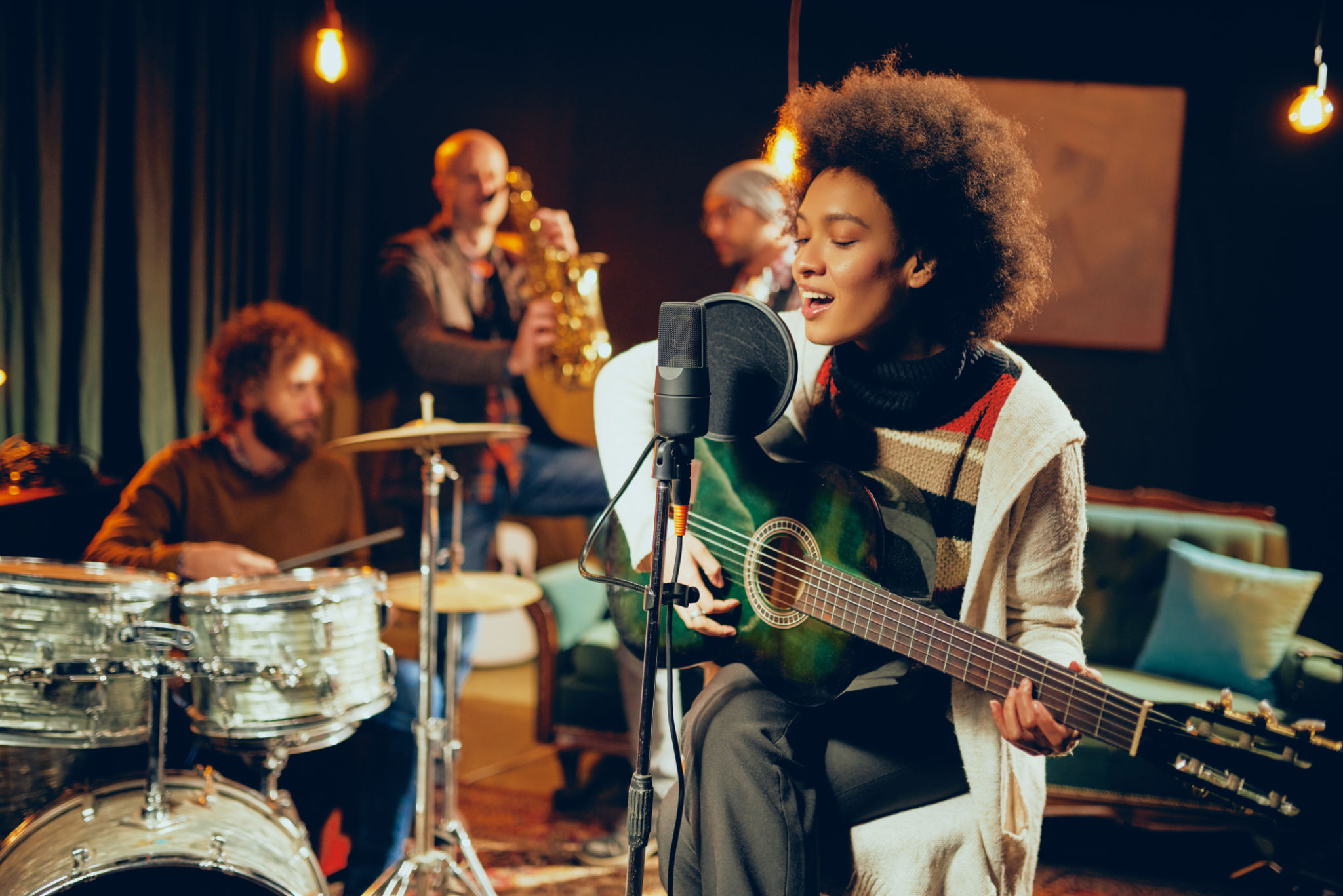Mastering the Art of Music Performance: Essential Tips for Aspiring Artists
Mastering the art of music performance is a journey filled with dedication, practice, and creativity. Aspiring artists often seek to refine their skills and deliver captivating performances that resonate with audiences. To aid in this endeavor, there are several key aspects to focus on, each contributing to the overall artistry and success of a musician.
Understanding Your Instrument
The first step towards mastering music performance is developing a deep understanding of your instrument. Whether it's a guitar, piano, or violin, knowing your instrument inside out can significantly enhance your playability and confidence. Spend time exploring the intricacies of your instrument, from its physical structure to the variety of sounds it can produce.
Regular practice is essential. Consistent practice not only improves technical skills but also helps in building muscle memory. This foundation allows you to focus more on expression during performances rather than just technical execution.

The Importance of Repertoire
Building a diverse repertoire is crucial for any musician. A well-rounded collection of pieces showcases your versatility and ability to adapt to different musical styles. Start by selecting pieces that challenge your current skill level and gradually incorporate more complex compositions as you progress.
Performing a variety of genres not only broadens your musical horizons but also makes you a more appealing performer. Audiences appreciate musicians who can seamlessly transition between classical, jazz, rock, or any other genre.

Stage Presence and Confidence
Stage presence plays a significant role in captivating an audience. Confidence in your abilities and a strong connection with the audience can transform a good performance into a memorable one. Practice performing in front of friends or family to get comfortable with being in the spotlight.
It’s important to remember that stage presence is not just about movement but also about conveying emotion through your music. Let your passion for music shine through every note you play.

Engaging with the Audience
An essential component of a successful performance is audience engagement. Interacting with your audience can create a meaningful connection and enhance their experience. Use eye contact, facial expressions, and body language to communicate your emotions and the story behind the music.
Consider incorporating personal anecdotes or insights about the pieces you're performing. This not only adds depth to your performance but also makes it more relatable to the audience.
The Role of Feedback
Feedback is invaluable in the journey of mastering music performance. Constructive criticism from mentors, peers, or even audience members can provide insights into areas for improvement. Embrace feedback as a tool for growth and use it to refine your technique and presentation.
Recording your performances is another effective way to self-assess. Listen to your recordings critically to identify strengths and areas that need work.

Embracing Creativity
Finally, creativity is at the heart of music performance. While technical proficiency is important, infusing your unique style and interpretation into performances sets you apart as an artist. Experiment with different interpretations, tempos, and dynamics to make each performance distinctively yours.
Remember that music is an evolving art form. Stay open to new ideas and influences that can inspire your creativity and contribute to your artistic growth.
